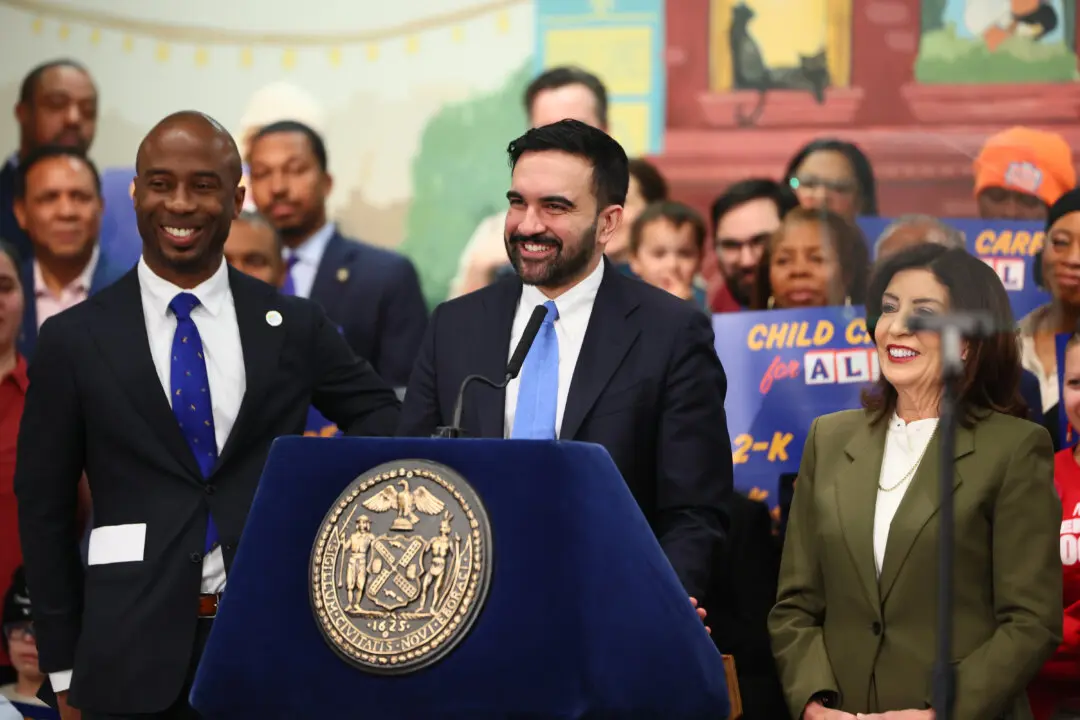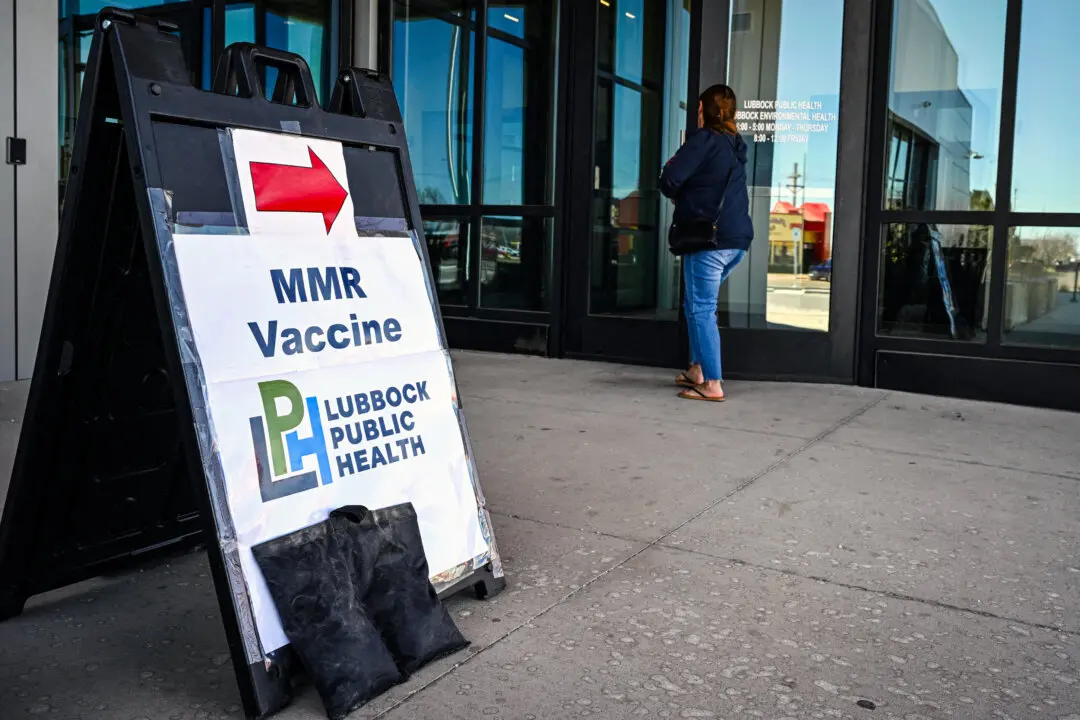A federal appeals court on Sept. 5 rejected a Republican effort to allow political party committees to spend unlimited money on campaigns in coordination with the candidates they support.
Vice presidential candidate Sen. JD Vance (R-Ohio) and other plaintiffs said that current limits on coordinated party expenditures violate the U.S. Constitution’s First Amendment. U.S. District Judge Douglas Cole sent the case to the U.S. Court of Appeals for the Sixth Circuit.





